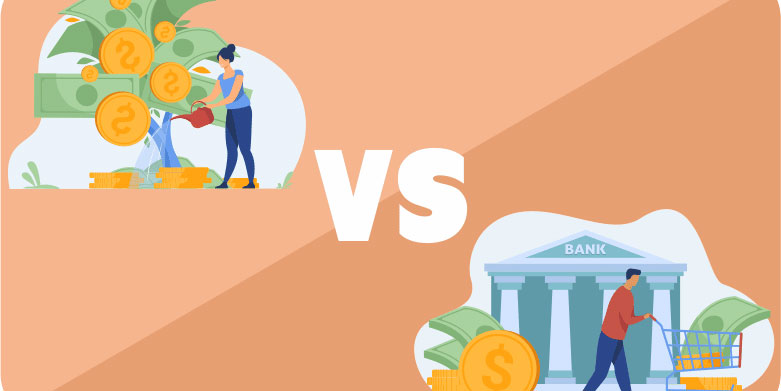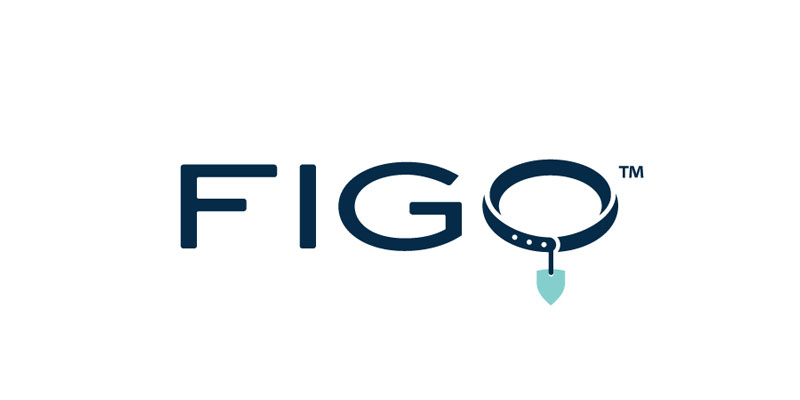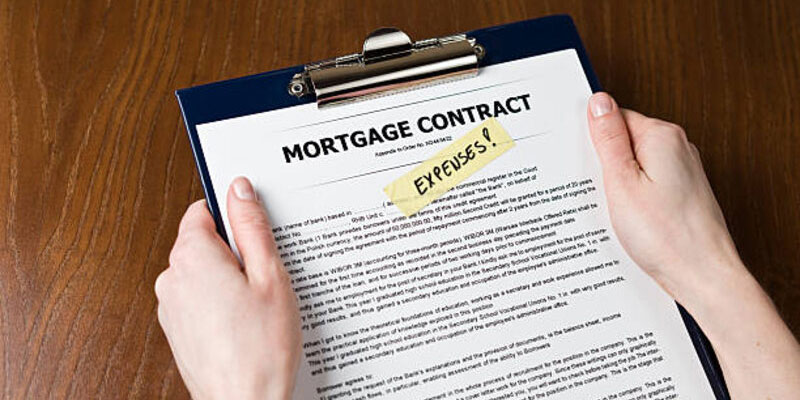"Fixed expense" and "needs" are often used interchangeably; however, not all fixed expenses are the same as needs. For instance, paid memberships and subscription services such as Amazon Prime might be considered part of a business's ongoing fixed expenses.
Because they are recurring expenditures, it is often simpler to account for them in a budget than it is to do so with variable expenses. Because of this, fixed costs are excellent candidates for being paid via automated bill payment systems.
What Does It Mean to Have Fixed Expenses?
Common examples of fixed expenses include monthly payments for a vehicle, a mortgage or rent, insurance premiums, and annual property taxes. In most cases, changes to these expenses take more work to implement. On the bright side, they are simple to account for in a budget since, for the most part, they do not change and are paid consistently. There are also fixed expenses up to personal preference, such as a subscription to a streaming service or a gym membership.
Even if these expenses are the same every month, you may have them lowered. If you're currently paying for a monthly service you only make infrequent use of, you can switch to a cheaper alternative. Consider switching to a different streaming provider or purchasing a cheaper gym membership. In addition, if you want to save even more money, you could comparison search for alternative plans of auto insurance, life insurance, health insurance, and insurance for homeowners or renters.
When you reduce the amount you spend on fixed expenses, you will immediately begin to save more money each month or pay period. This is because your fixed expenses often consume most of your financial budget. Therefore, if you reduce your fixed expenses, you will reduce the proportion of your budget allocated to pay for them. This is an excellent alternative to being thrifty with your other spending selections, such as purchasing new clothing or ordering takeaway food. The amount you can save each month on your fixed costs might quickly add up.
For instance, if you reduce the money you pay on rent each month from $1,185 to $1,100, the quality of your apartment and the surrounding area may remain pretty much the same. On the other hand, after twelve months, the $85 each month will amount to $1,020. The most exciting part? You will only have to make that choice to save money once to realize the benefits of it.

How To Track Fixed Expenses
When you know what to search for, it is easy to identify fixed expenses. On the other hand, you could only be aware of part of the amount of money you are devoting to them or whether or not that sum is compatible with your financial budget. Keep tabs on your expenditures by using either a spreadsheet or an app, as well as your bank statement. Several budgeting tools and bank websites will highlight your regular expenses or disintegrate your transaction history by category. After that, you may count your fixed expenditures to determine what percentage of your monthly revenue goes toward paying for them and what percentage of your income is available to pay for other expenses.
Refine Your Budget And Save

What percentage of your income should go toward your fixed expenses? That depends on how you feel about the different categories and how they are organized. We strongly advise adhering to the 50/30/20 budget only to spend what you bring each month. The "needs" category includes expenses such as rent, and it is recommended that this category take up around half of your income. Spend around thirty percent of your salary on "wants," such as a membership to a gym or HBO, and put the remaining twenty percent toward savings and the repayment of your debt.
There is considerable room for misunderstanding when using the phrase "fixed expense." There is still leeway for maneuvering even if a certain expense has been fixed in advance. In certain circumstances, you will still be able to negotiate rates and investigate alternative options. You may reduce the amount you pay for cable television, save money on auto insurance, or restructure your student loans. If you are paying more on fixed expenses than you would like, consider canceling the services you do not use and reevaluating the ones you want.







